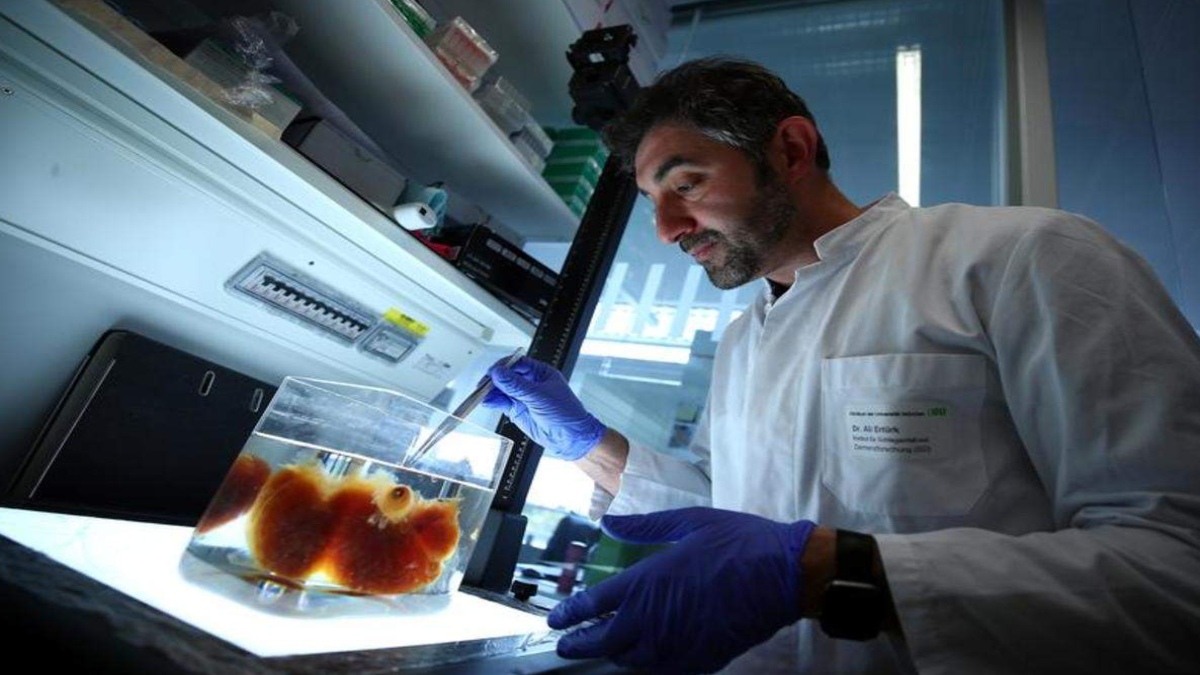Scientists have developed a face mask that can detect common respiratory viruses, such as influenza and Covid-19, in the air as droplets or aerosols. If specific viruses are present in the ambient air, the extremely sensitive mask may inform wearers via their mobile devices within 10 minutes.
“Previous research has shown face mask wearing can reduce the risk of spreading and contracting the disease. So, we wanted to create a mask that can detect the presence of viruses in the air and alert the wearer,” says Yin Fang, the study’s corresponding author and a material scientist at Shanghai Tongji University.
Respiratory pathogens that cause Covid-19 and H1N1 influenza spread through small droplets and aerosols released by infected people when they talk, cough, and sneeze. These virus-containing molecules, especially tiny aerosols, can remain suspended in the air for a long time.
Fang and his colleagues tested the mask in an enclosed chamber by spraying the viral surface protein containing trace-level liquid and aerosols on the mask. The sensor responded to 0.3 microliters of liquid containing viral proteins, about 70 to 560 times less than the volume of liquid produced in one sneeze and much less than the volume produced by coughing or talking, Fang says.
The team designed a small sensor with aptamers, which are a type of synthetic molecule that can identify unique proteins of pathogens like antibodies. In their proof-of-concept design, the team modified the multi-channel sensor with three types of aptamers, which can simultaneously recognize surface proteins on SARS-CoV-2,.

















